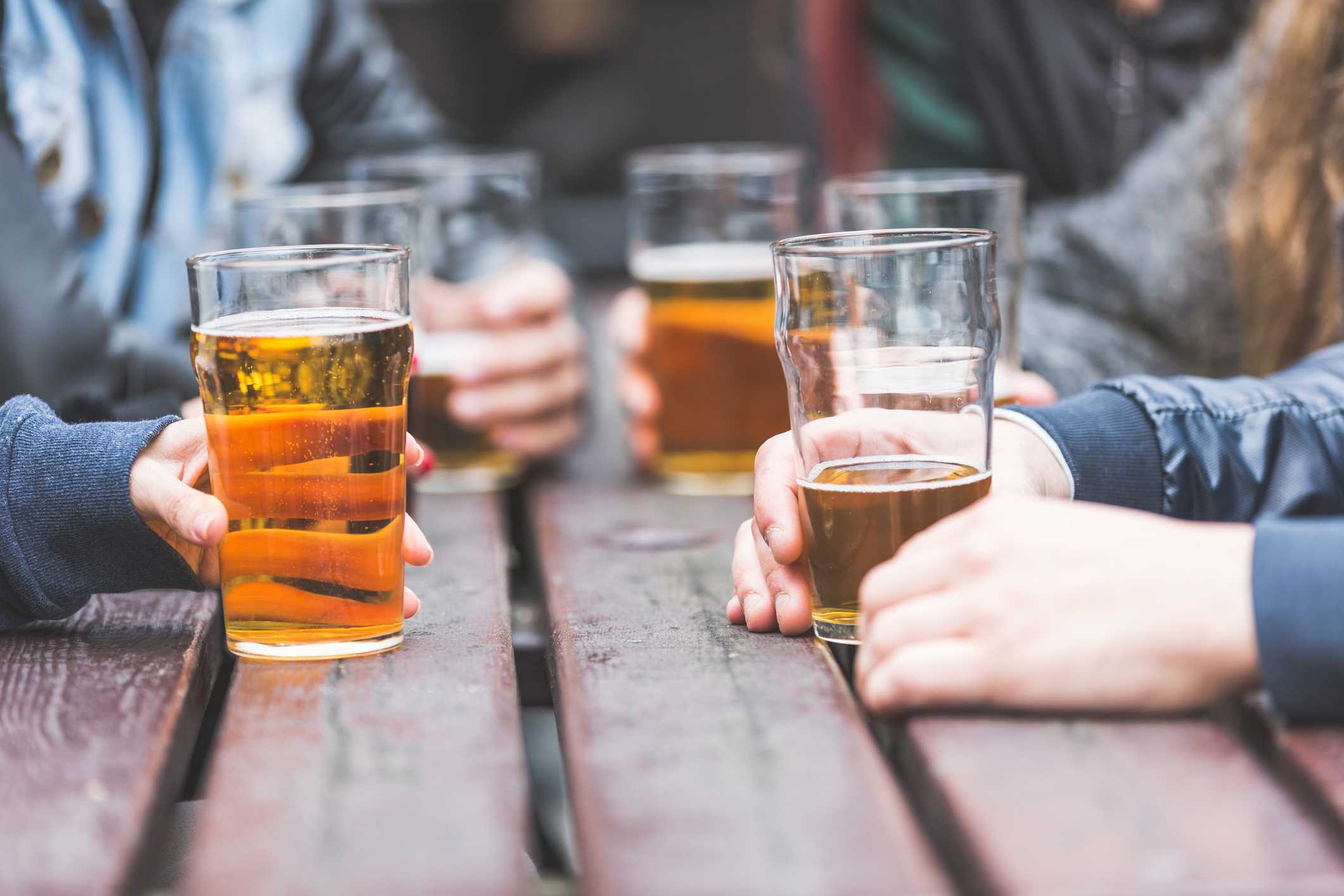
The important word here is “moderate”: Excessive alcohol drinking can increase the risk of conditions such as heart disease and metabolic syndrome. With type 1 diabetes, signs and symptoms are usually obvious and develop very quickly over a few weeks. Drinks that are high in carbohydrates and calories can affect both your weight and your blood sugar. The American Diabetes Association recommend the following for people with diabetes when they drink. Mayo Clinic defines moderate alcohol use as one drink a day for women and men older than age 65, and up to two drinks a day for men age 65 and younger. In type 2 diabetes, signs and symptoms may not be so obvious. If you take insulin, you might need to change your dose depending on what your levels are. Some additional signs of undiagnosed diabetes can include: Going to the toilet to urinate more often than usual, especially at night Unexplained weight loss Genital itching or regular episodes of thrush Slow healing of cuts and wounds With type 1 diabetes, signs and symptoms are usually obvious and develop very quickly over a few weeks. The problems with soda include.
Alcohol as a risk factor for type 2 diabetes: A systematic review and meta-analysis. Understanding what you are consuming and how alcohol influences blood glucose levels is particularly important for people with diabetes. Usually, the liver stores extra glucose which is released back into the blood when needed, such as when blood sugar levels drop. Water should always be your first beverage choice when you have type 2 diabetes. Instead, try the newer spiked or hard seltzers hitting the market, or just stick to club soda or plain seltzer water with a squeeze of lime. An 8 oz cup of skim milk comes out to 90 calories and 12 grams g of carbohydrates.
People with diabetes should be particularly cautious when it comes to drinking alcohol because alcohol can make some of the complications of diabetes worse. First of all, alcohol impacts the liver in doing its job of regulating blood sugar. Alcohol can also interact with some medications that are prescribed to people with diabetes. Even if you only rarely drink alcohol, talk with your healthcare provider about it so that he or she knows which medications are best for you. Alcohol can cause blood glucose levels to rise or fall, depending on how much you drink. Some diabetes pills including sulfonylureas and meglitinides also lower blood glucose levels by stimulating the pancreas to make more insulin. When you drink alcohol, your liver has to work to remove it from your blood instead of working to regulate blood sugar, or blood glucose. For this reason, you should never drink alcohol when your blood glucose is already low. Food slows down the rate at which alcohol is absorbed into the bloodstream.
If you have nerve damage. Usually, the liver stores extra as a result of diabetes, into the blood when needed, such as when blood sugar tingling, numbness and other symptoms. Get some practical tips on cutting down.
